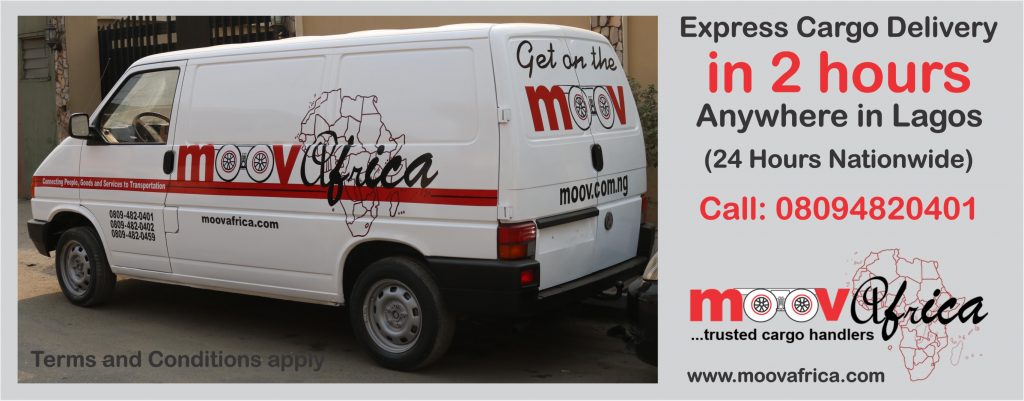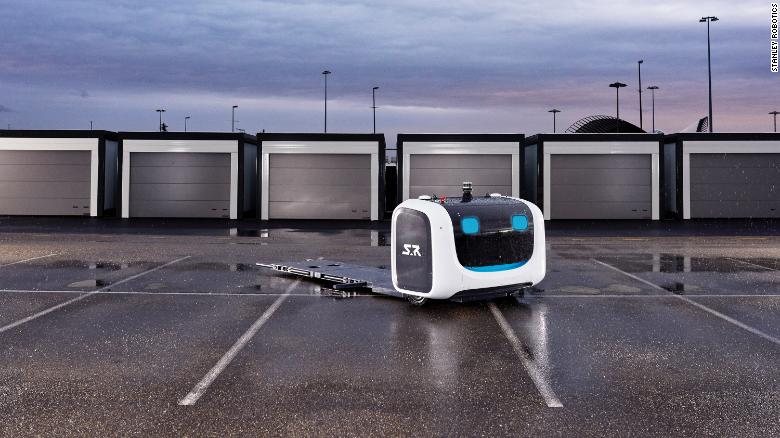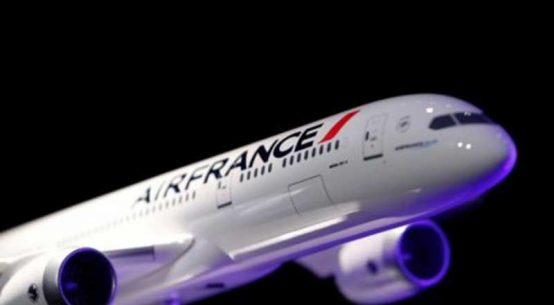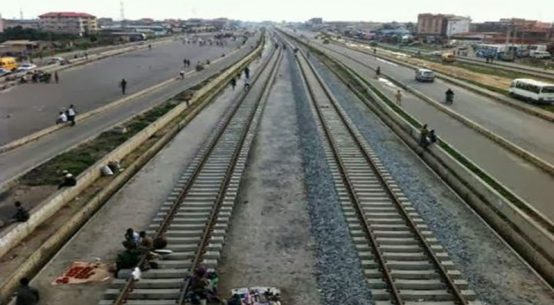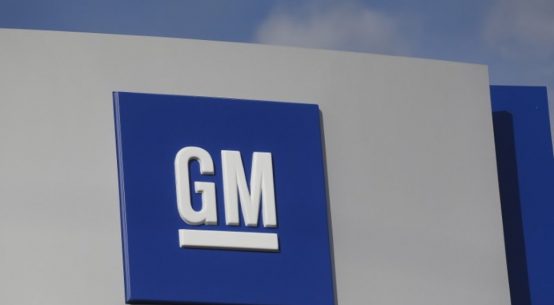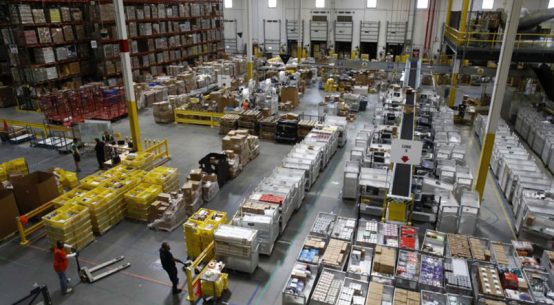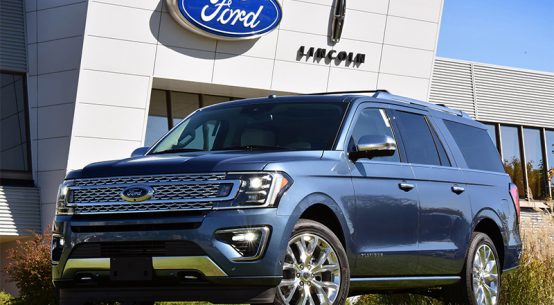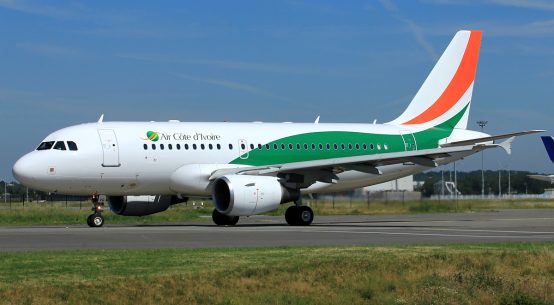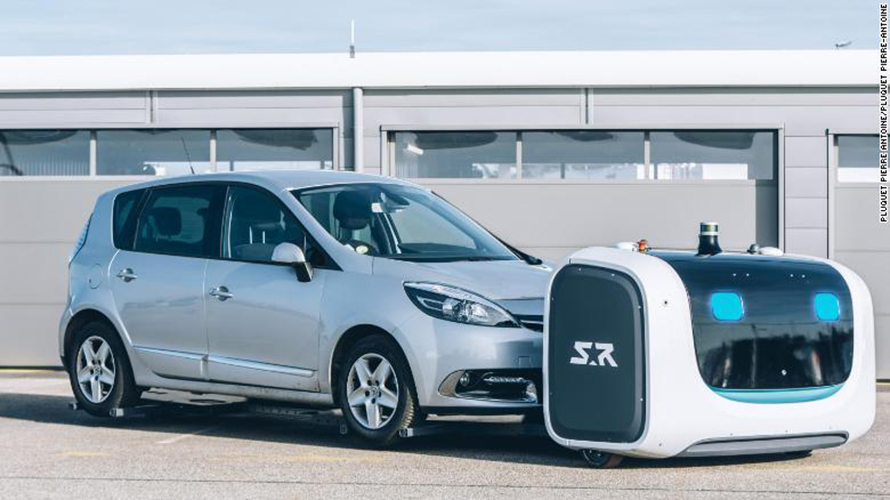
San Francisco (CNN Business) – Travelers flying out of London’s Gatwick Airport may soon have a robot parking their car. Later this year, the airport will test an autonomous robot that slides a large, slender bed beneath vehicles and totes them to spots in the lot.
The airport plans to experiment with this robot parking system in one of its long-term lots for three months, according to an application the airport filed with the Crawley Borough Council in December. The hope is that the autonomous system will enable the airport to pack many more cars in the same amount of lot space.
Gatwick Airport is the second-largest airport in the UK after London’s Heathrow Airport. About 46.1 million travelers passed through the airport in 2018.
The application said will use robots from a Paris-based company called Stanley Robotics. According to its website, Stanley Robotics previously tested its parking robot, named Stan, in France at Charles De Gaulle Airport and Lyon
Airport.
Neither Gatwick Airport nor Stanley Robotics returned requests for comment.
Gatwick Airport plans to cut 170 of the 2,350 self-parking spots that are currently in a lot to create 270 robot valet spots for the trial — effectively adding 100 spots, according to the application. Passengers will drive their cars into one of eight numbered cabins, confirm their parking reservation on a touch screen, and take their keys with them as they leave. Then, a robot will take the car to a spot in a secured lot.
The service will have access to users’ flight details; this way, a robot can also bring the car back to a cabin so it will be waiting for the person when they return.
The airport plans to start building for the robot valet parking experiment in April and complete it by August.
The construction process highlights the kinds of changes that need to be made so the parking lot doesn’t trip up the valet robots. This includes repairing cracks and “any defects that could affect the operation of the parking robots,” plus getting rid of light posts and “any other obstructions” in that area of the lot, the application said.
In May 2018, the airport briefly mentioned robot valets as one of many “emerging projects” in its annual investment plan.
The airport also noted that, if the trial goes well, it may eventually expand autonomous valet service to two other parking areas, where it could pack 8,500 robot-parked cars into what are currently 6,000 self-park spots.
.
